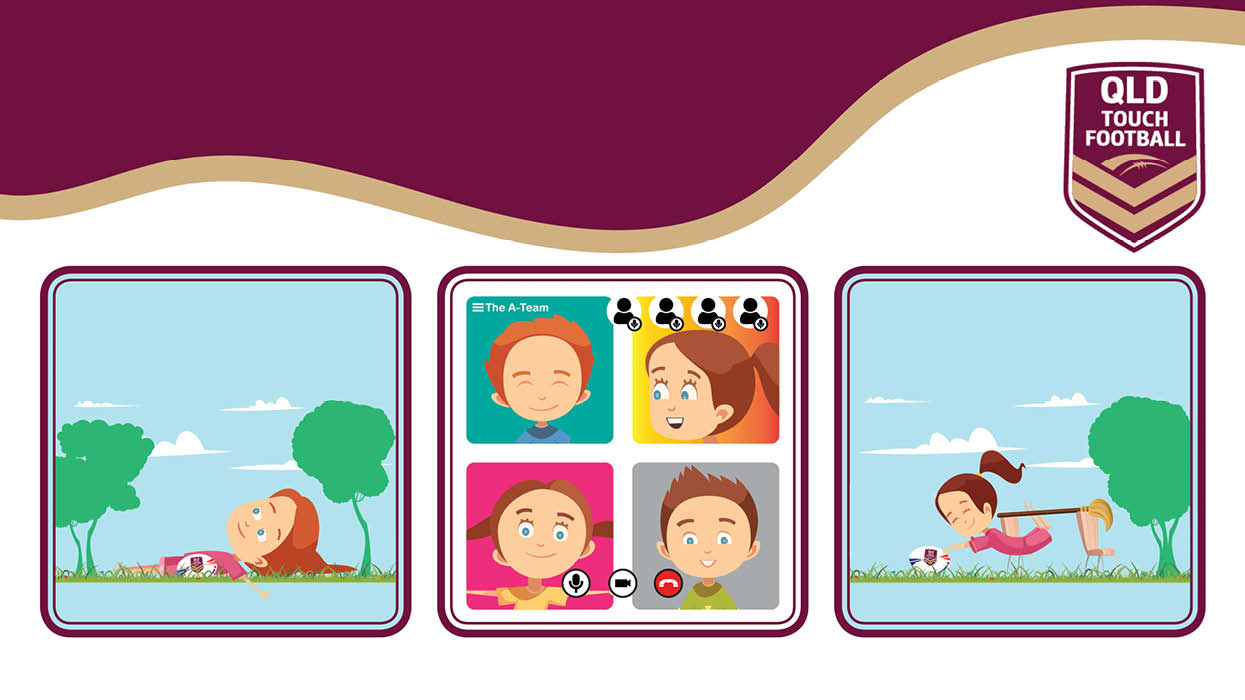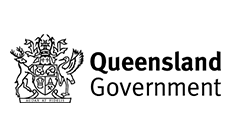The current COVID-19 pandemic is evolving and ever-changing and there is a growing level of uncertainty in the wider community. During challenging times, it is important to take care of your wellbeing and mental health.
You may be experiencing feelings of anxiety, distress and concern. We ask for you to focus on the health and well-being of your family, teammates, staff and volunteers as your number one priority and listen to the advice from the Government to do what you can to stop the spread of the virus.
Below is advice from experts which will allow you to take COVID-19 head on and focus on your wellbeing during this unprecedented time.
Try to maintain perspective
While it is reasonable for people to be concerned about the outbreak of coronavirus, try to remember that medical, scientific and public health experts around the world are working hard to contain the virus, treat those affected and develop a vaccine as quickly as possible.
Find a healthy balance in relation to media coverage
Being exposed to large volumes of negative information can heighten feelings of anxiety. While it’s important to stay informed, you may find it useful to limit your media intake if it is upsetting you or your family.
Access good quality information
It’s important to get accurate information from credible sources such as those listed below. This will also help you maintain perspective and feel more in control.
- Australian Government coronavirus (COVID-19) health alert
- Health Direct – Coronavirus (COVID-19): Health Direct have also developed a COVID-19 Symptom Checker – an online, self-guided tool to help people find out if they need to seek medical help. You can access this tool by clicking on the button below.
- gov.au – travel information for Australian citizens
- World Health Organization – coronavirus disease (COVID-19) outbreak
Try to maintain a practical and calm approach
Widespread panic can complicate efforts to manage the outbreak effectively. Do your best to stay calm and follow official advice, particularly around observing good hygiene habits.
Try not to make assumptions
To contribute to a sense of community wellbeing, try to remember that the coronavirus can affect anyone regardless of their age, gender or nationality.
Managing your mental health while in self-isolation or quarantine
There are a number of ways to support your mental health during periods of self-isolation or quarantine.
- This is temporary! Remember that your effort is helping others in the community avoid contracting the virus.
- Stay connected with friends, family and colleagues via email, social media, video conferencing or telephone.
- Engage in healthy activities that you enjoy and find relaxing.
- Keep regular sleep routines and eat healthy foods.
- Try to maintain physical activity.
- Establish routines as best possible and try to view this period as a new experience that can bring health benefits.
- For those working from home, try to maintain a healthy balance by allocating specific work hours, taking regular breaks and, if possible, establishing a dedicated workspace.
- Avoid news and social media if you find it distressing.
It is normal to feel overwhelmed or stressed by news of the outbreak, however, acknowledge feelings of distress and seek further professional support if required.
Please look after yourself and your family and friends in these times.
Beyond Blue
P 1300 22 4636
Lifeline
P 12 11 14













